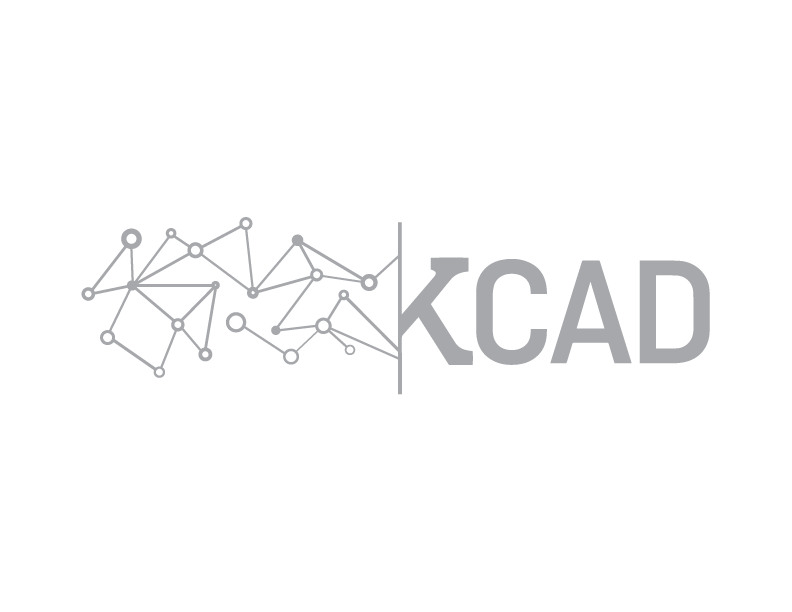
How can addressing the wicked problem of drought in Nicaragua through systems thinking open up new opportunities for rural coffee farmers?
From August 2016 through May 2017, a multidisciplinary team of students from the U.S. and Nicaragua joined forces, determined to solve systemic issues which rural coffee farmers face caused by the severe draught. We competed in the fourth annual Wege Prize competition and came in 2nd Place for our efforts. Although our project iterated and expanded over time, our main initiative was to implement circular economic principles at the base of the economic pyramid in Nicaragua. My role was to design our deliverables and communicate our final presentation to the judges.
From August 2016 through May 2017, a multidisciplinary team of students from the U.S. and Nicaragua joined forces, determined to solve systemic issues which rural coffee farmers face in Nicaragua caused by the severe draught. We competed in the fourth annual Wege Prize competition and came in 2nd Place for our efforts. Although our project iterated and expanded over time, our main initiative was to implement circular economic principles at the base of the economic pyramid in Nicaragua. My role was to design our deliverables and communicate our final presentation to the judges.
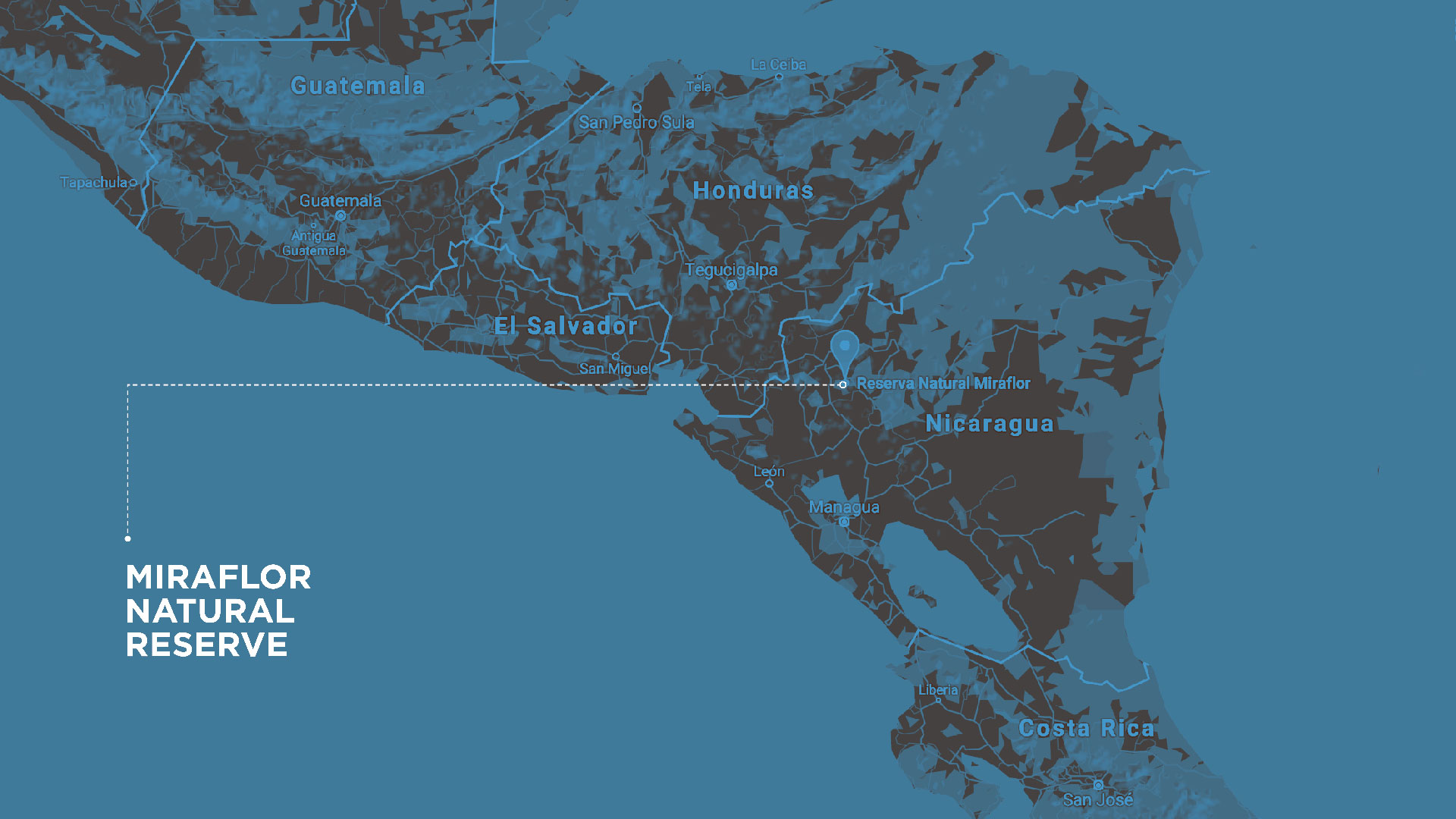
THE PROBLEM
THE PROBLEM
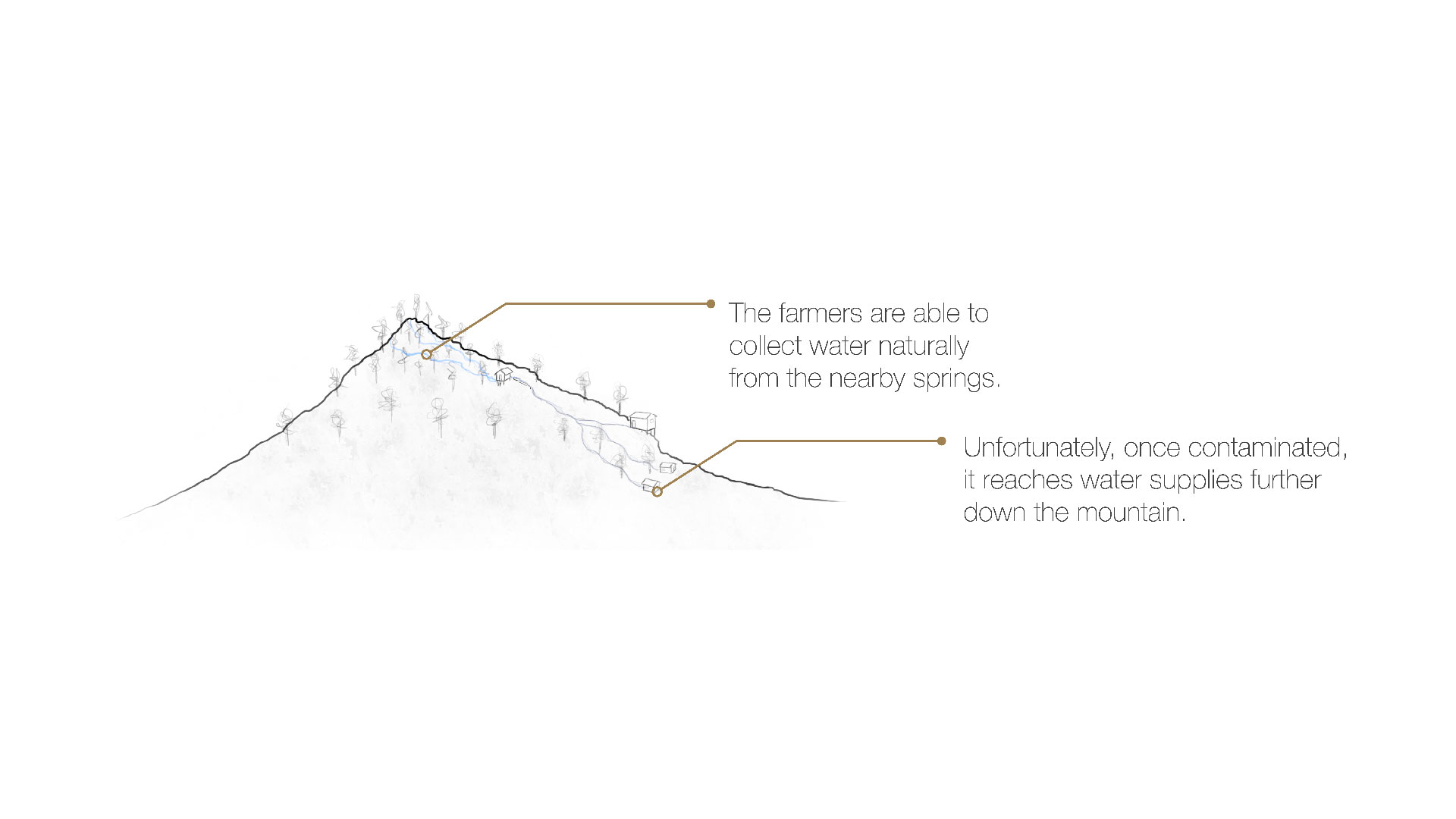
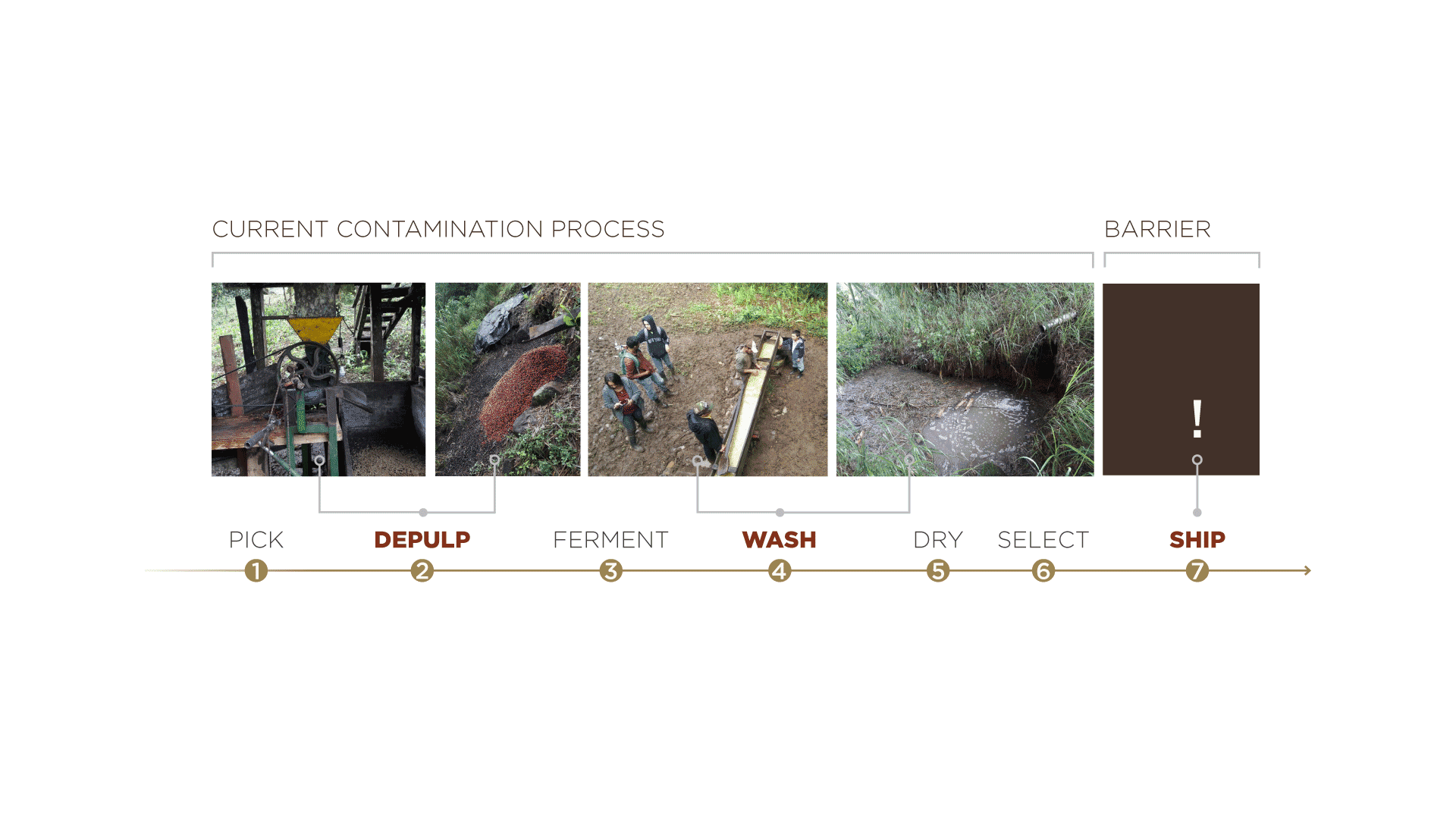
We determined two major issues with the current production process. The first being a lack of transportation from the farm to local markets, and the second (and most urgent) being the contamination of local drinking water. In the end, this process only produced one revenue stream.
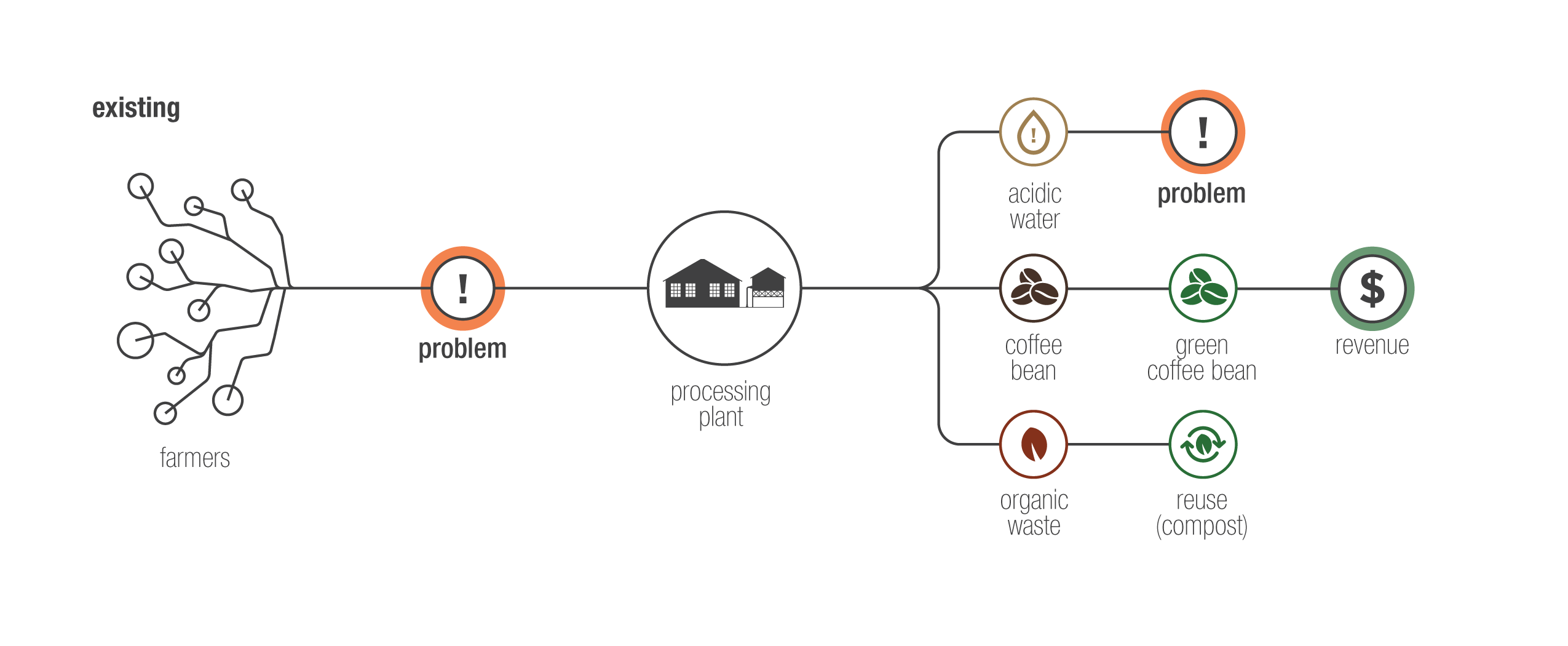
We found a group of young men referred to as the "coyote boys" which provided transportation via dirtbike. This would both provide economic stability for these individuals, as well as provide a sense of local agency. Through our research, we discovered the acidic water could provide methane as an energy source. In addition, what had been used as compost could be sold to make tea.
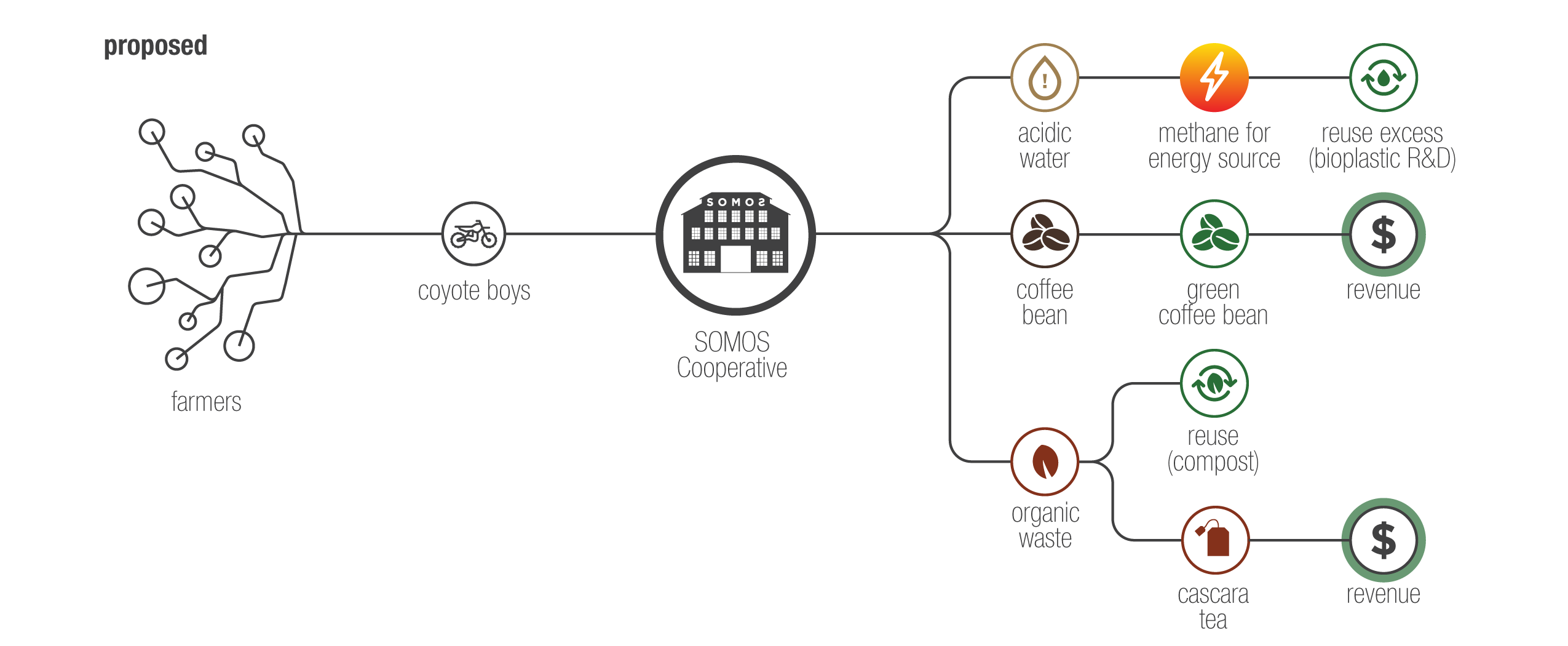
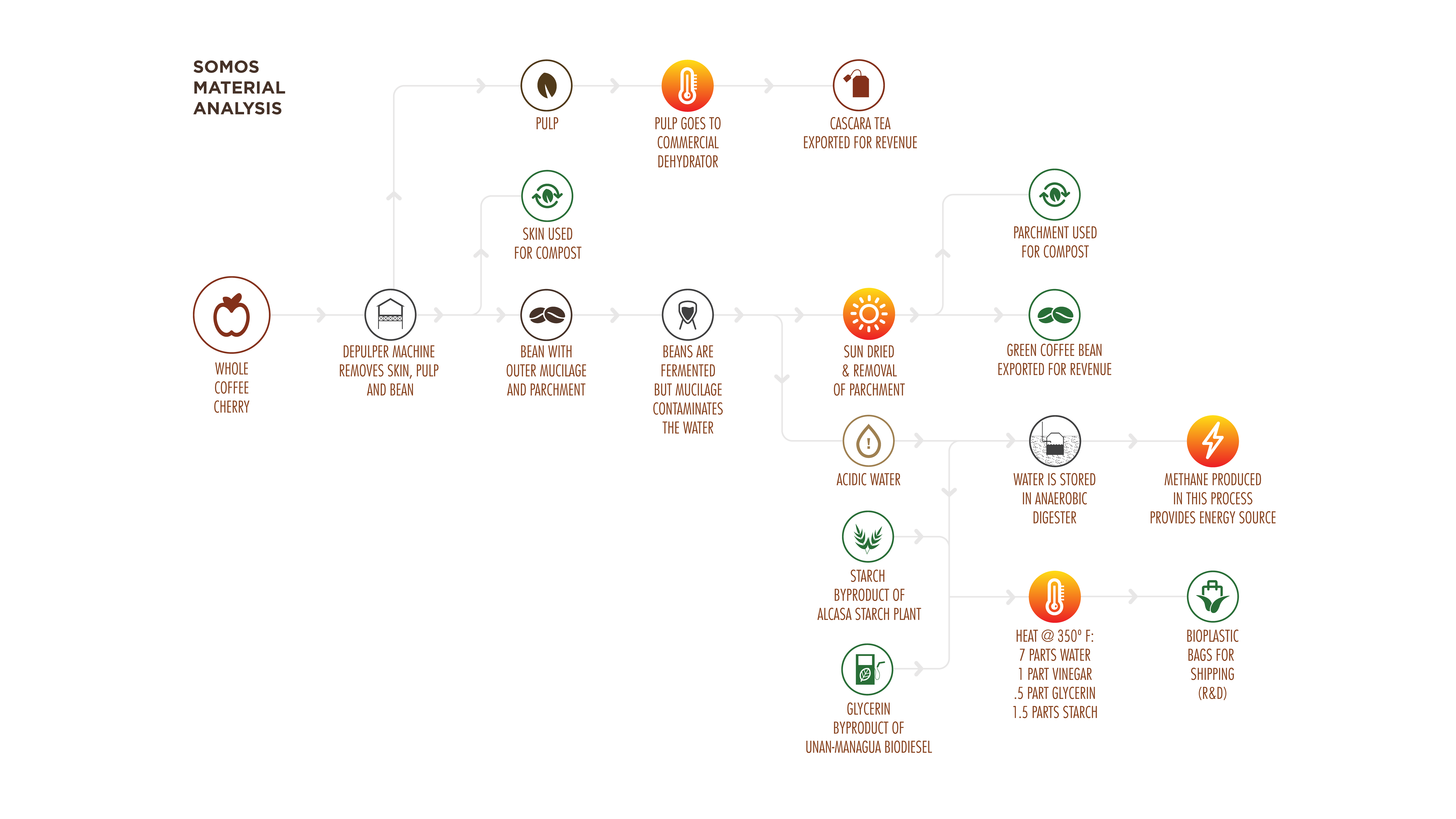
Selected Works
ThoughtFullProfessional
Studio WiseProject type
Grandville Avenue Arts & HumanitiesProject type
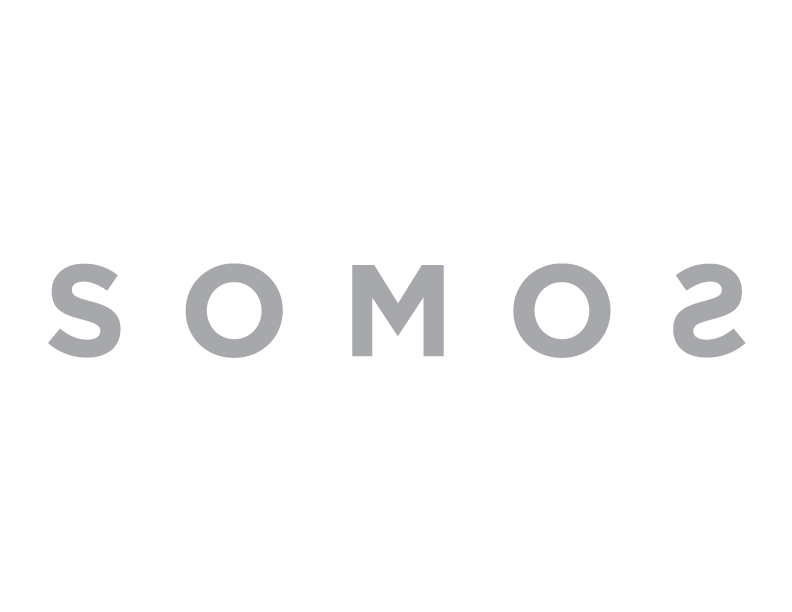
Wege PrizeStudent
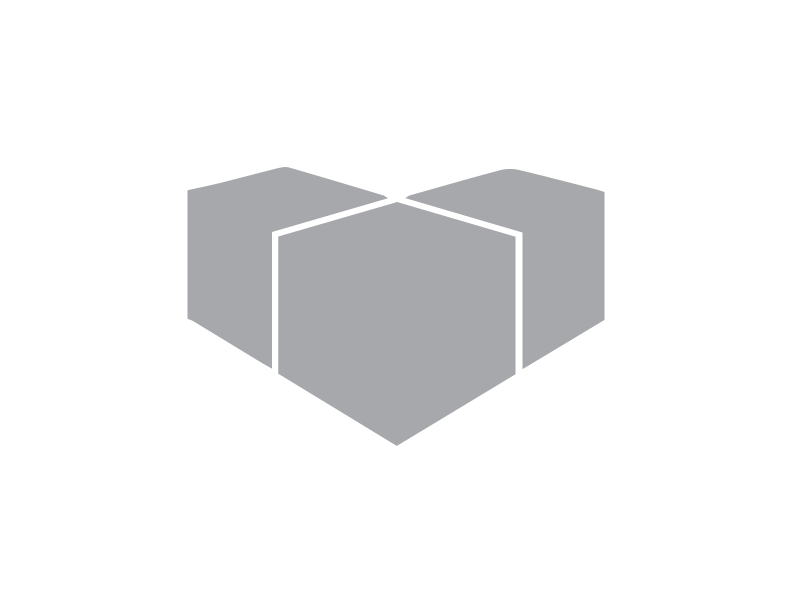
SEEDS of PromiseProject type

